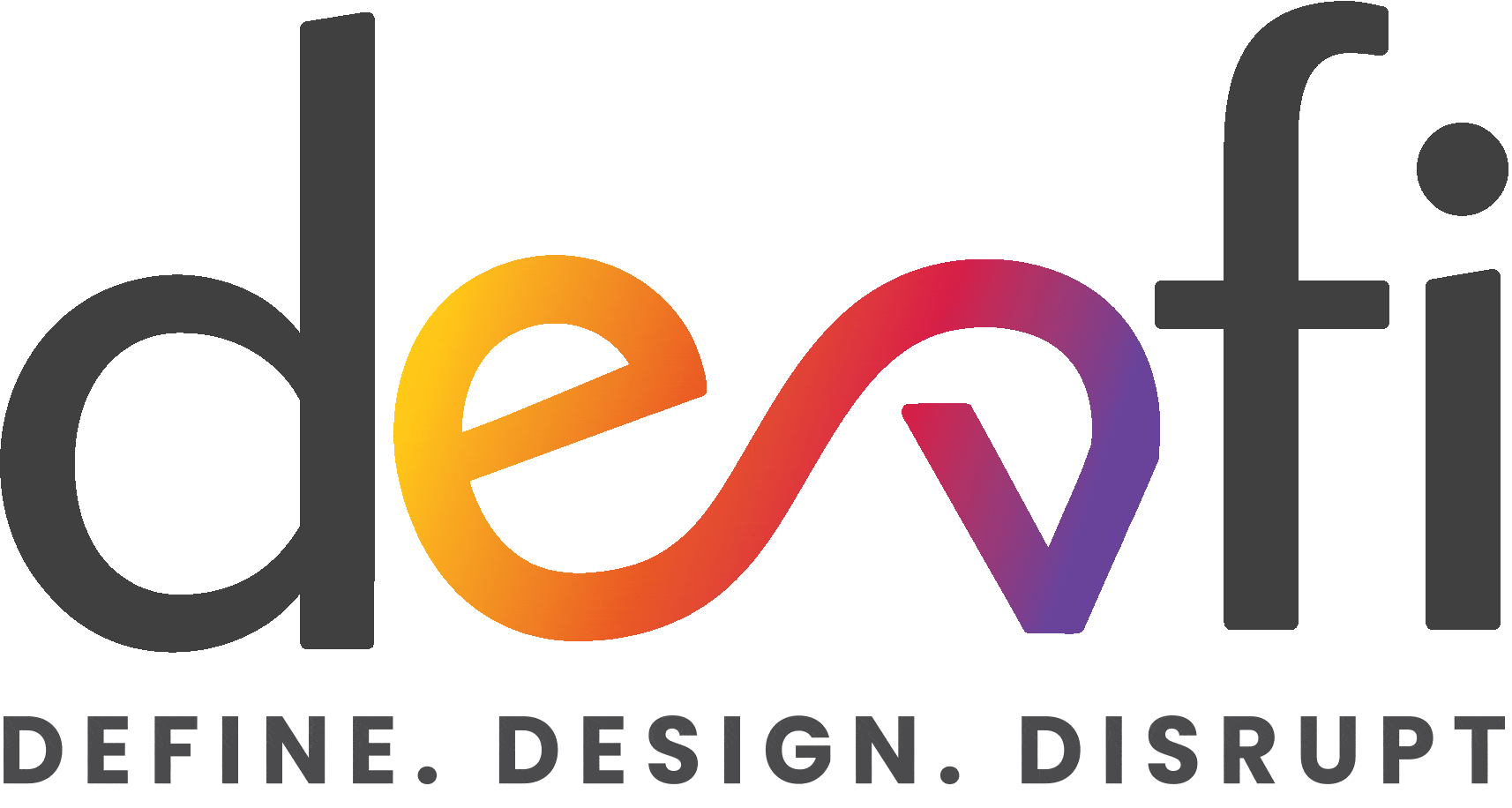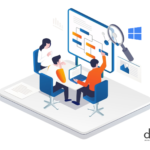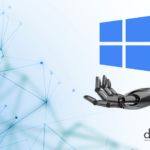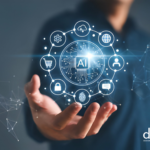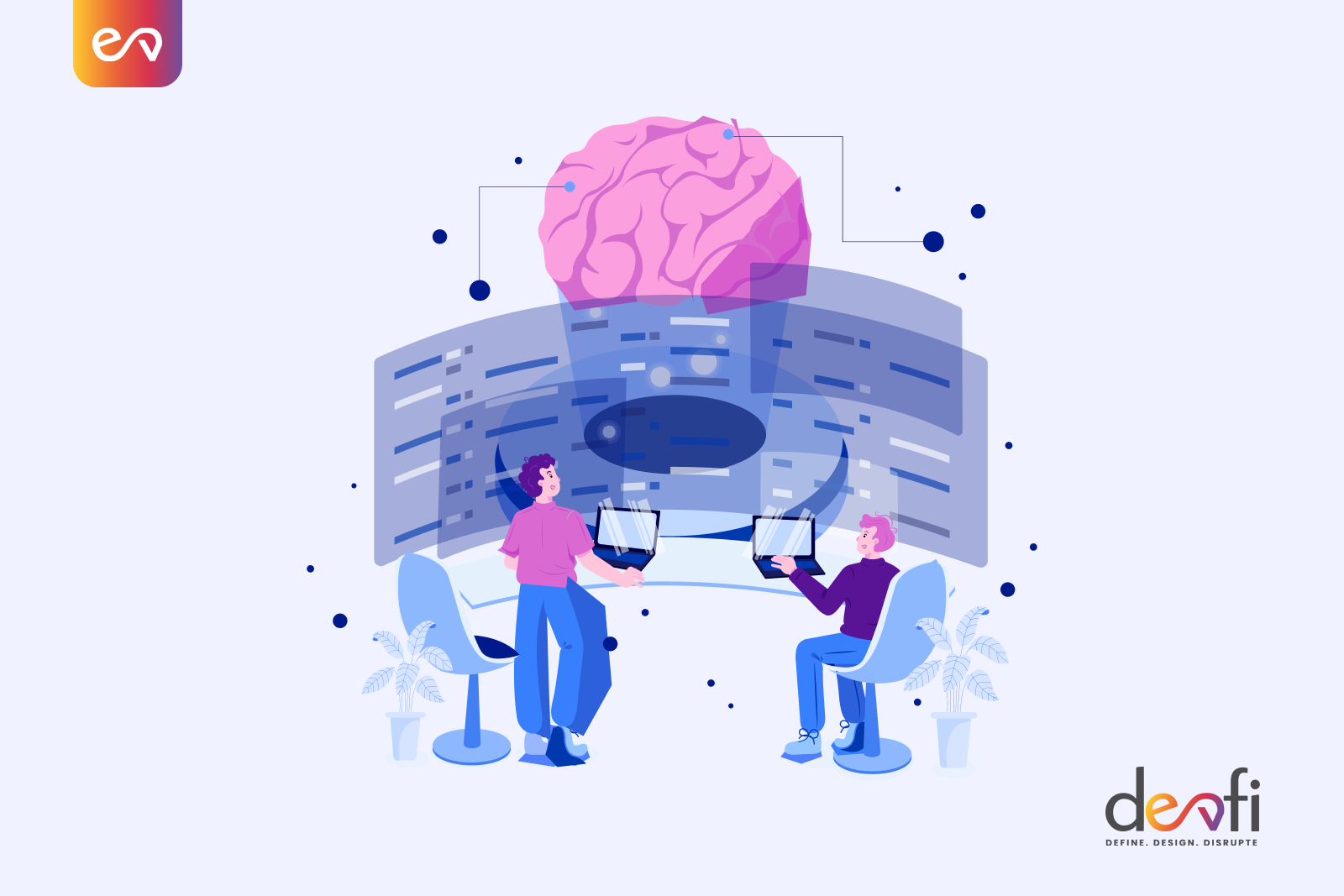Enterprise AI is a software category that utilizes the power of artificial intelligence. It is the ability to embed AI to drive digital transformation. With the right enterprise AI applications, organizations can improve processes, achieve higher efficiency, and reduce environmental impact. However, enterprise AI and AI, in general, are often termed the same, though a key distinction between them is that enterprise AI primarily focuses on addressing high-value use cases whereas AI brings meaningful value from business processes.
Need for Enterprise AI
Enterprise AI is a core enabler of digital transformation, the use cases of which are innumerable. The rapid emergence and evolution of AI have an impact on almost every aspect of the enterprise. The ability to scale and implement robust data methodologies at every level is vital for enterprises wanting to become true AI enterprises.
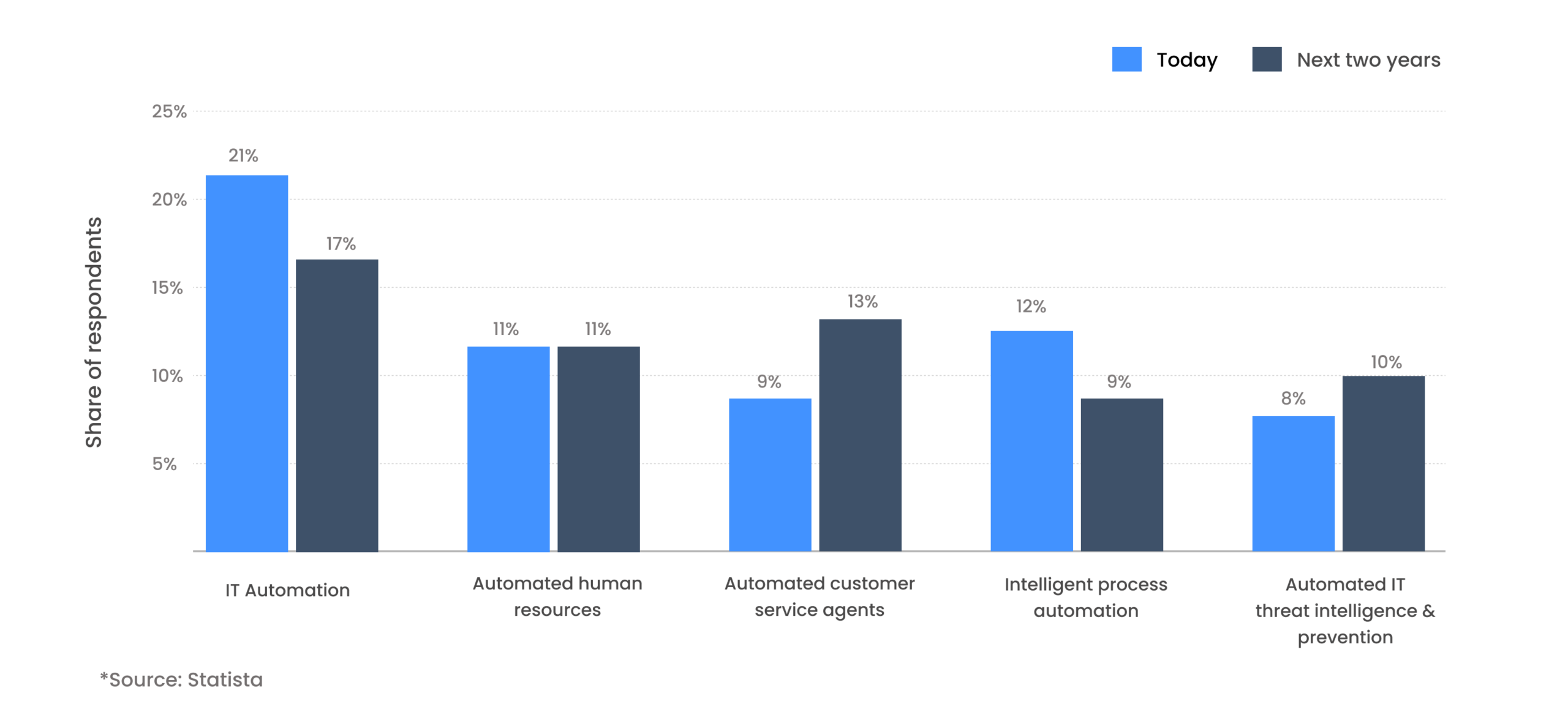
Source: Statista
Organizations across the globe are leveraging enterprise AI as it enhances productivity and efficiency, improves the speed of business, expands business models by identifying new capabilities, improves customer service, enhances quality and talent management, mitigates human errors, etc., amongst others which include:
- enabling automation with which processes related to low-level tasks such as paperwork and maintenance can be automated, significantly reducing manual work, freeing up humans to focus on more important work.
- AI-driven search functions are becoming more prevalent in businesses. They can help improve the customer experience and provide a better, more personalized approach. Through AI-driven search, companies can identify the factors that influence a customer’s search, and also inform them about the trends that are driving their business.
- Chatbots can help improve the customer experience and reduce manual work by serving as a better internal and external communication tool for businesses.
- Enterprise AI solutions help organizations manage massive amounts of sensitive data efficiently. They can also handle the processing of data privacy requests, which often require a quick response and a large administrative burden.
A Framework for an Effective Enterprise AI
Just as businesses need to implement an enterprise resource planning (ERP) or a CRM system to effectively operate, they also need to develop the necessary skills to enable the use of enterprise AI. AI is becoming more prevalent in today’s world, which is forcing enterprises to step up their efforts to integrate it into their offerings. Despite the hype, many enterprises are still not yet ready to fully utilize AI. In order to achieve true business value, they should build the necessary infrastructure to support their AI initiatives. A few key points need to be considered by enterprises thinking to adopt AI:
- New and existing processes
- Start small and smart
- Relevant data
- Data governance
Success in technology or product development comes down to identifying the right problem to solve and building the infrastructure to support it, thereby, an agile innovation framework should be built by considering the above-discussed key points. Defining the pillars of such framework might include:
- Identify all the possible problems that AI can solve and prioritize them according to their complexity and ROI. It is also important to start with something small and show progress before moving to more complex problems.
- Data is the core of AI. To successfully implement AI, it is vital to treat AI as the main asset and build the right data infrastructure by implementing data lakes.
- Data governance is a critical step and can lead to delays and legal issues due to incorrect permissions and access policies. The best practice is to have a data generator that is responsible for the right data and enforcing policies.
- Once the data has been collected, it should be made accessible to all the stakeholders based on the use case.
- Once the data is accessible, data scientists will be able to easily build and train their machine learning and AI models.
- Deploy the built model as REST API so that the developers can easily integrate it into their projects to avoid creating their own development environment in order to access all the features of the model.
- A feedback loop is a crucial component of any innovation cycle to ensure smooth running. It provides feedback to improve quickly.
How Devfi Can Help in Your Path to Enterprise AI
Devfi is a leading provider of enterprise AI that drives and accelerates digital transformation and supports agility in organizations’ data efforts through an enterprise-grade collaborative, scalable, and responsible AI. Devfi delivers a portfolio of prebuilt, SaaS enterprise AI applications for a growing number of use cases and drives digital transformation by reducing costs, increasing asset availability and reliability, improving human safety, and enhancing customer satisfaction. For more details, visit the website.
